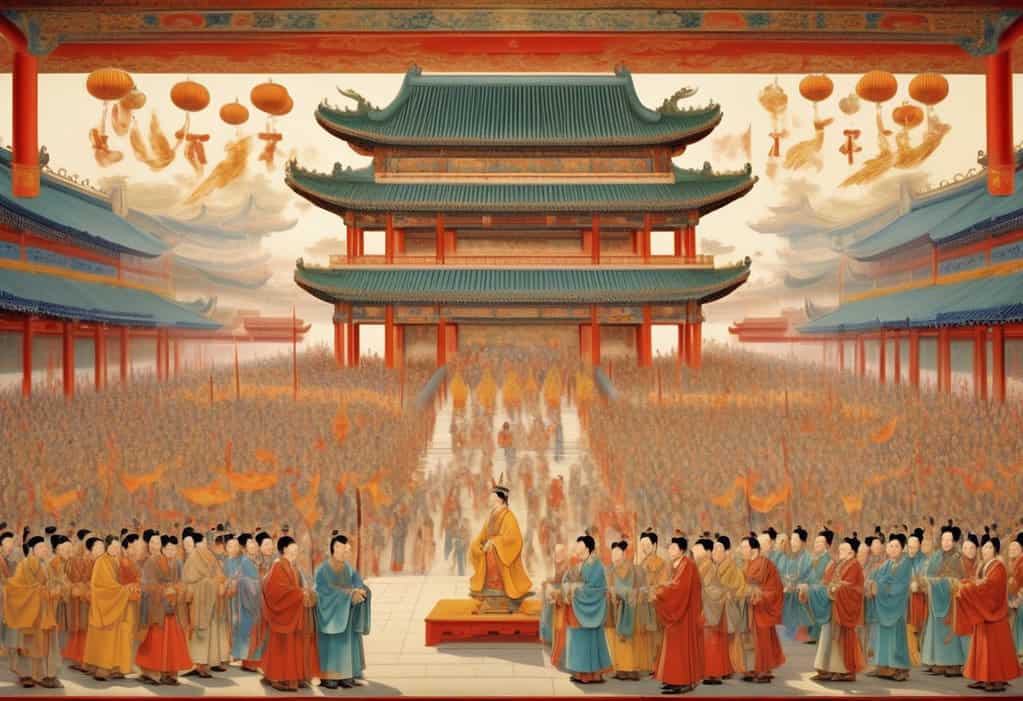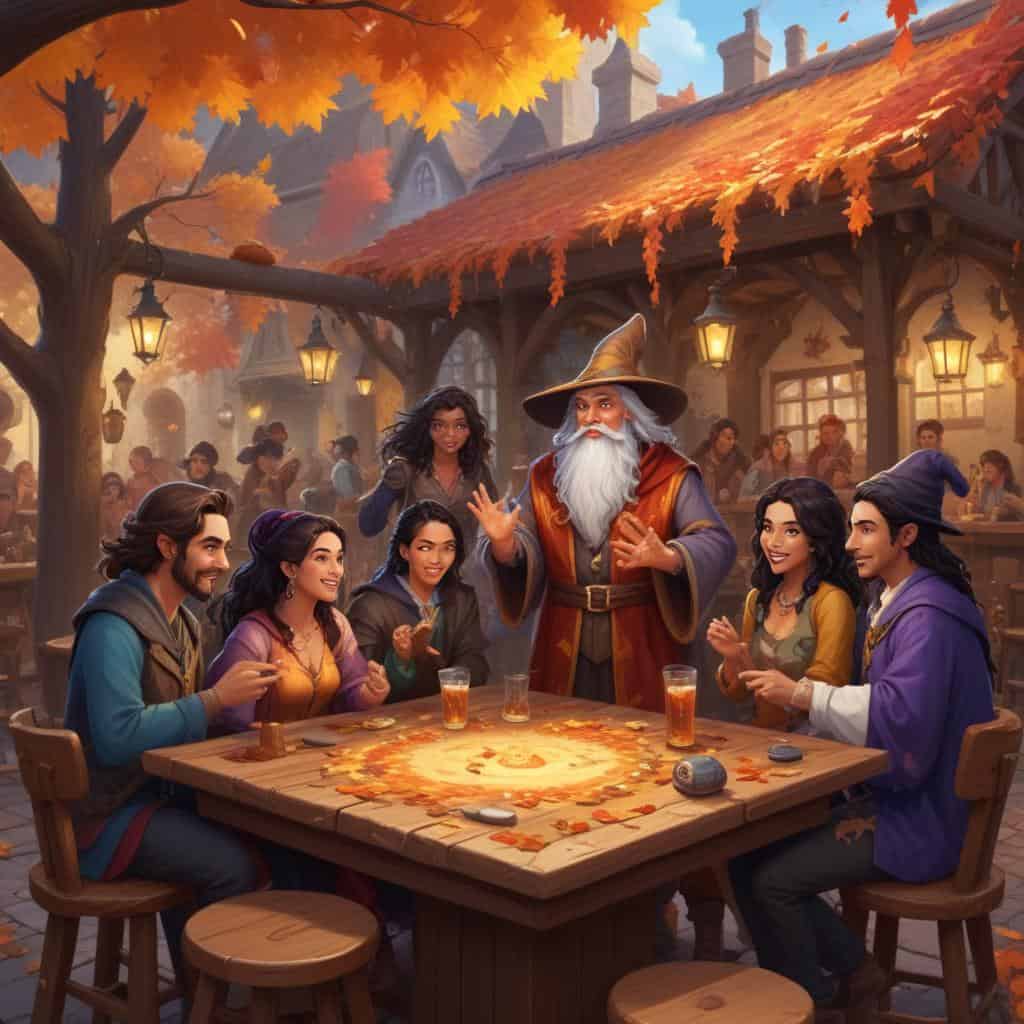The Tang Dynasty was a period in Chinese history from 618 to 907 CE. It is known for its cultural and political achievements. The dynasty was considered a golden age of Chinese civilization. During this time, China experienced great advances in art, poetry, and technology. The Tang Dynasty was also a time of stability and prosperity for the Chinese people. It was a period of expansion and influence in East Asia.
Summary List
- The Tang Dynasty ruled China from 618-907 CE.
- It was a golden age of Chinese civilization, known for its advancements in art, literature, and technology.
- The Tang Dynasty was known for its strong centralized government and efficient bureaucracy.
- It was a time of great cultural exchange, with influences from various neighboring countries.
- The Tang Dynasty is considered one of the most prosperous periods in Chinese history.
Games And Apps
Learning Modules
Founding of the Tang Dynasty - 618 CE
In 618 CE, the Tang Dynasty was founded in China, marking the start of a golden age of prosperity and cultural advancement. Led by Emperor Gaozu, the dynasty brought stability and unity to the region, laying the groundwork for centuries of innovation and progress.
I Want To Learn This!Battle of Huoyi - 619 CE
In 619 CE, the Battle of Huoyi marked a pivotal moment in Chinese history as Li Yuan's rebel forces clashed with the Sui Dynasty's army. The outcome of this fierce battle would ultimately lead to the downfall of the Sui Dynasty and the rise of the Tang Dynasty.
I Want To Learn This!Xuanwu Gate Incident - 626 CE
The Xuanwu Gate Incident in 626 CE was a pivotal moment in Chinese history, where Emperor Taizong of the Tang Dynasty narrowly survived an assassination attempt by his son, Li Shimin. This event led to a power struggle within the royal family and ultimately shaped the future of the Tang Dynasty.
I Want To Learn This!Conquest of the Western Turks - 630 CE
In 630 CE, the Byzantine Empire launched a daring campaign to conquer the Western Turks, a fierce nomadic tribe threatening their borders. Led by Emperor Heraclius, the Byzantine forces faced brutal battles and strategic challenges in a quest to secure their territory and assert their dominance in the region.
I Want To Learn This!An Lushan Rebellion - 755 CE
The An Lushan Rebellion of 755 CE was a pivotal moment in Chinese history, leading to widespread chaos and the collapse of the Tang Dynasty. With a rebel leader challenging imperial power, the rebellion resulted in massive loss of life and ultimately changed the course of the empire.
I Want To Learn This!Battle of Talas - 751 CE
The Battle of Talas in 751 CE marked a pivotal moment in history, with the Chinese Tang Dynasty facing off against the Arab Abbasid Caliphate. This clash of empires on the banks of the Talas River forever altered the course of Central Asian power dynamics and the spread of cultural influences.
I Want To Learn This!Siege of Luoyang - 756 CE
In 756 CE, the Siege of Luoyang marked a turning point in Chinese history as rebels led by An Lushan overthrew the Tang Dynasty. The city, once a bustling capital, became a battlefield as forces clashed for control, leaving a trail of destruction and changing the course of the empire.
I Want To Learn This!Treaty of Qingshui - 823 CE
The Treaty of Qingshui, signed in 823 CE, marked a pivotal moment in Sino-Tibetan relations. This historic agreement solidified the boundaries between the Tang Dynasty and the Tibetan Empire, ushering in a period of relative peace and cooperation between the two powers.
I Want To Learn This!Huang Chao Rebellion - 875 CE
In 875 CE, China was thrown into chaos by the Huang Chao Rebellion, led by a former salt smuggler turned rebel leader. The rebellion sought to overthrow the Tang dynasty, resulting in widespread destruction and devastation across the country. Can the empire survive this violent uprising?
I Want To Learn This!Fall of the Tang Dynasty - 907 CE
As the once powerful Tang Dynasty crumbles in 907 CE, political intrigue, power struggles, and rebellion threaten to tear the empire apart. Follow the dramatic downfall of one of China's greatest dynasties as rival warlords battle for control, leaving the fate of the nation hanging in the balance.
I Want To Learn This!












